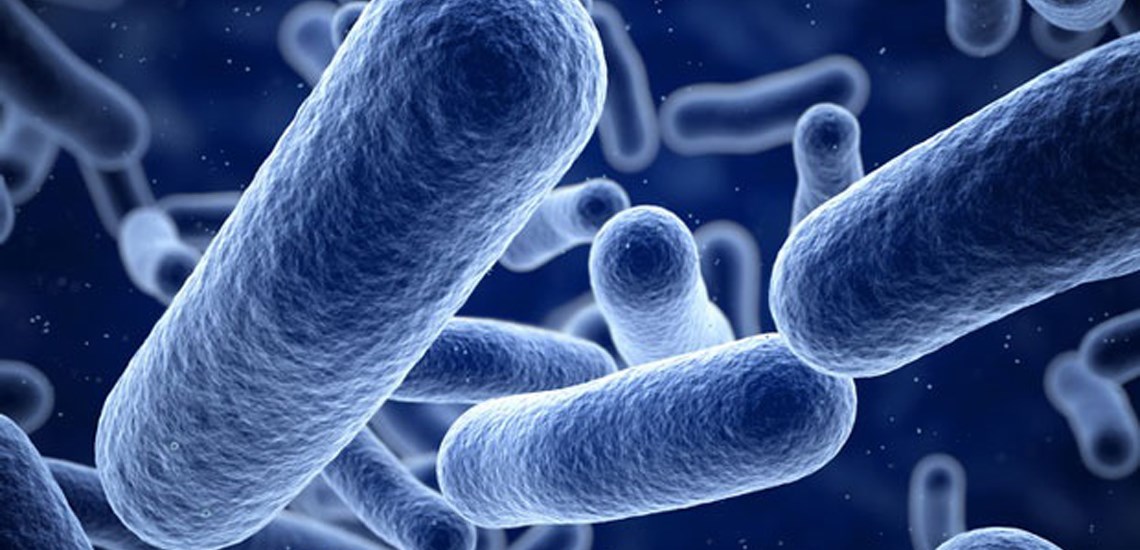Listeriosis

Listeriosis is food poisoning caused by eating foods contaminated with the Listeria monocytogenes (L. monocytogenes) bacterium. It is a serious, but treatable and preventable disease caused by the bacterium, Listeria monocytogenes and is widely distributed in nature and can be found in soil, water and vegetation. Individuals at high risk of developing severe disease include newborns, the elderly, pregnant women, persons with weak immunity such as HIV, diabetes, cancer, chronic liver or kidney disease.
What causes listeriosis?
L. monocytogenes is found in soil and water.
-
Vegetables can become contaminated from the soil or from manure used as fertilizer.
-
Animals can carry the bacteria and can contaminate meats and dairy products.
-
Processed foods, such as soft cheeses and cold cuts, can be contaminated after processing.
-
Unpasteurized (raw) milk or foods made from unpasteurized milk can be contaminated.
Infection with Listeria may result in the following conditions:
-
Flu like illness with diarrhoea including fever, general body pains, vomiting and weakness.
-
Infection of the blood stream which is called septiceamia.
-
Meningoencephalitis (infection of the brain).
How is listeriosis diagnosed?
Listeriosis is diagnosed based on a medical history and physical exam. Your doctor will ask you questions about your symptoms, foods you have recently eaten, and your work and home environments. A blood test or spinal fluid test may be done to confirm the diagnosis.
The Health Department is advising South Africans to avoid polony, viennas, russians and other ready to eat meat products for now as they are believed to be the source of the latest listeriosis outbreak in South Africa.